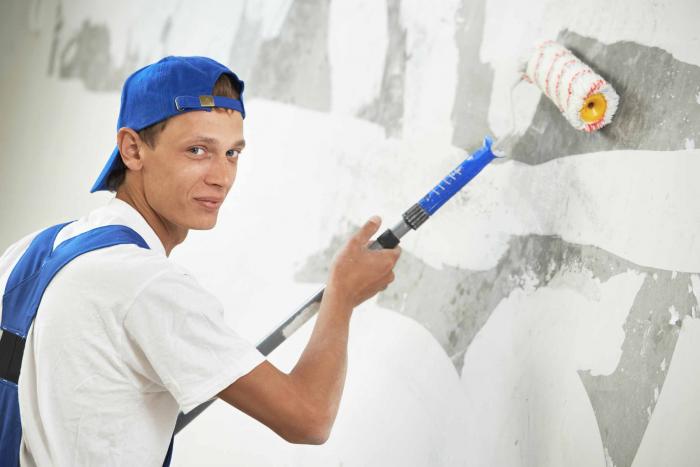Industrial painting training courses are designed to provide individuals with the skills and knowledge necessary to work as professional industrial painters. These courses cover various aspects of industrial painting, including surface preparation, paint application techniques, safety protocols, and equipment handling. Here are some common industrial painting training courses that may be available:
. Basic Industrial Painting Course: This course is an introduction to industrial painting techniques and practices. It covers topics such as surface preparation, paint types, brush and roller application, and basic safety guidelines.
. Advanced Industrial Painting Course: Building on the basics, this course delves deeper into advanced techniques and equipment used in industrial painting. It may cover topics such as spray painting, airless spraying, electrostatic painting, and specialized coatings.
. Surface Preparation and Coating Application Course: This course focuses specifically on surface preparation techniques, including abrasive blasting, power tool cleaning, and chemical cleaning. It also covers coating application methods such as brushing, rolling, and spraying.
. Protective Coatings Course: Industrial painting often involves the application of protective coatings to prevent corrosion and enhance durability. This course focuses on the selection and application of protective coatings, including epoxy, polyurethane, and fire-resistant coatings.
. Safety and Health in Industrial Painting Course: Safety is a crucial aspect of industrial painting. This course emphasizes safety protocols, personal protective equipment (PPE), hazardous material handling, ventilation requirements, and general industry regulations.
. Equipment Operation and Maintenance Course: Industrial painting requires the use of various tools and equipment. This course provides training on the operation, maintenance, and troubleshooting of painting equipment, such as spray guns, compressors, and pressure pots.
. Industrial Painting Inspection and Quality Control Course: This course focuses on quality control and inspection techniques specific to industrial painting. It covers topics such as coating thickness measurement, adhesion testing, visual inspection, and documentation.

These Industrial Training Painting Courses courses are typically offered by vocational schools, trade associations, and specialized training centers. They may vary in duration, ranging from a few days to several weeks, depending on the depth of the content covered. It’s important to research and select a reputable training provider that offers comprehensive and up-to-date industrial painting courses.